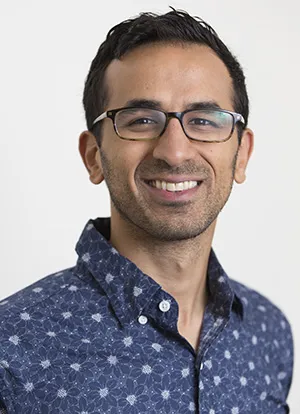Economist Syon Bhanot on Complacency in the Face of COVID-19

Behavioral Scientist: Why Are People Ignoring Expert Warnings?—Psychological Reactance
Writing for the online publication Behavioral Scientist, Assistant Professor of Economics Syon Bhanot analyzes how cavalier attitudes toward the COVID-19 pandemic stem from psychological reactance, which can make people feel compelled to do the opposite of what they are told.
"In short, when someone tells you how to behave, you feel your liberty threatened and 'lash out' not only by ignoring the advice but by leaning into behavior that goes against what is being suggested," writes Bhanot. "And while more work is needed to understand cultural differences in this domain, it seems possible that in countries like the U.S. that champion personal freedom as a virtue, people might be more predisposed to reactance behaviors than others."
Bhanot also argues that reactant behavior is amplified by growing antipathy and hostility toward experts and intellectualism, the delayed onset of the epidemic in America, and the wide dissemination of misinformation.
"With social media in particular replete with information supporting almost any perspective on the ongoing crisis, people are increasingly able to locate and follow only their preferred advice," he writes. "Sadly, this advice is often based on fictions, or is politically motivated, which makes it even harder for the correct advice to shine through."
To combat the dangers of psychological reactance, Bhanot proposes four solutions: promoting careful, introspective analysis of our own behaviors and their motivations, finding creative ways to frame social adherence as cool and worthwhile to follow, coming to terms with our own lack of agency during an pandemic, and holding politicians accountable when they don't tell the truth.
"Finally, it is time for us to listen to public health experts in particular; after all, they are the reason the world weathered outbreaks like Ebola in the past," he concludes. "No doubt, for a country that lionizes the idea of freedom, this is a difficult change in mentality. But right now, those who are used to doing what they want need to come to grips with putting others first, and (to some extent) doing what they are told."
Syon Bhanot is a behavioral and public economist, and an assistant professor of economics at Swarthmore. His research centers on field experiments that use behavioral science concepts to influence decision-making, with a focus on pro-social behavior and various issues related to public policy, development, and poverty.



